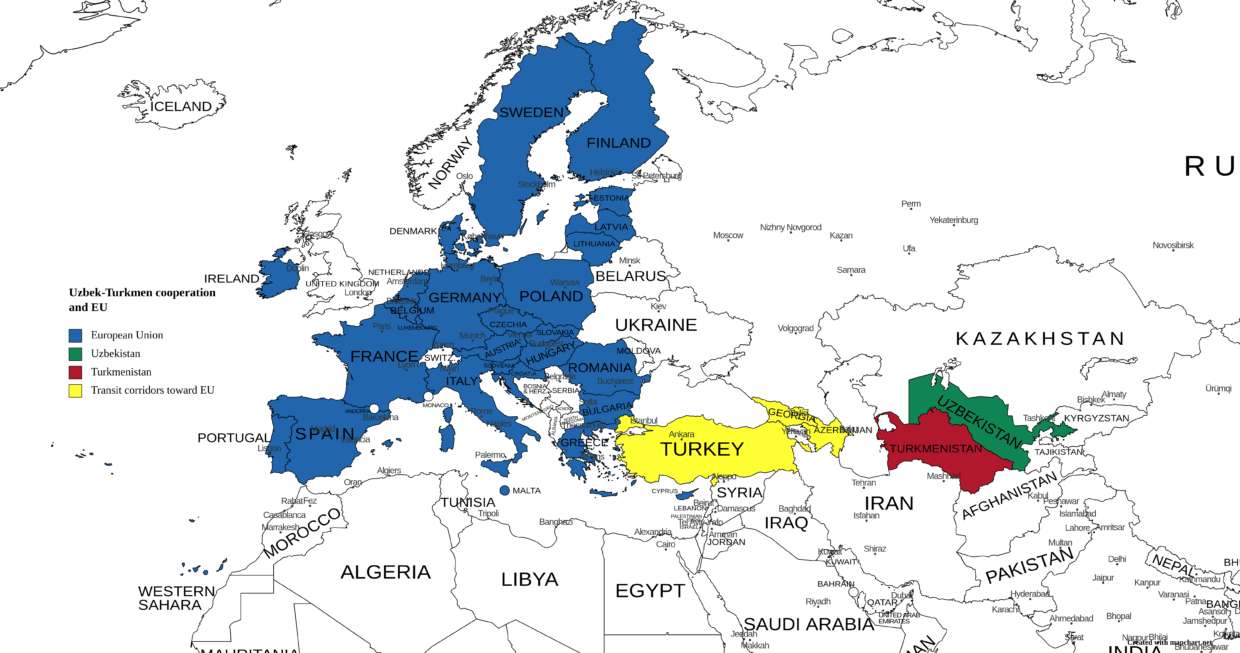Turkmenistan And Uzbekistan Strenghtened Their Cooperation

Turkmenistan and Uzbekistan are strengthening their cooperation and partnership in different fields, confirming Tashkent’s desire to exploit the Turkmen soil as a transport corridor to the Caspian Sea and the European market.
On September 14th, 2021, Tashkent hosted the 16th meeting of the Uzbek-Turkmen Intergovernmental Commission on Trade-Economic, Scientific-Technical and Cultural-Humanitarian Cooperation under the chairmanship of Deputy Prime Minister – Minister of Investments and Foreign Trade of the Republic of Uzbekistan Sardor Umurzakov and Deputy Chairman of the Cabinet of Ministers of Turkmenistan Esenmurat Orazgeldyev.
As reported, the meeting agenda was based on a wide range of cooperation issues in investment, trade and economic, industrial, energy, agricultural, water management, scientific and technical, transport, transit and cultural and humanitarian spheres. The parties also discuss the prospects for using the transit and transportation potential of the Caspian Sea.
The two sides, in particular, expressed their readiness to implement practical measures to ensure stable supplies of Uzbek and Turkmen products to the markets of the two countries and bring the volume of Uzbek-Turkmen trade to 1 billion dollars soon. This will be facilitated by implementing the Agreement on the establishment and regulation of the Uzbek-Turkmen zone of border trade activities.
Why does this matter? Because Uzbekistan has traditionally shown a high interest in developing cooperation with Turkmenistan considering the role that Ashgabat can play in the Caspian Sea energy, trade and logistic markets. According to official statements and studies, Uzbekistan’s local hydrocarbons are significant; therefore, Tashkent might use the Turkmen soil as a transport corridor to reach the European market and support the EU Energy Security Strategy based on import diversification. In this framework, the Turkmen-Uzbek cooperation and the possibility that the two Central Asian republics will export their hydrocarbons to Europe alarms the Russian Federation, which is interested in maintaining its key role as a gas provider for the European Union.
Author: Silvia Boltuc
